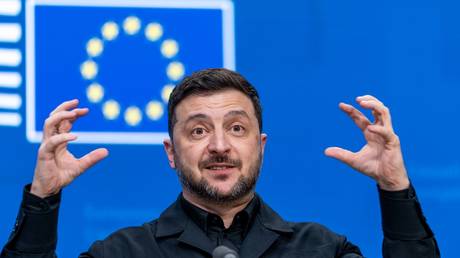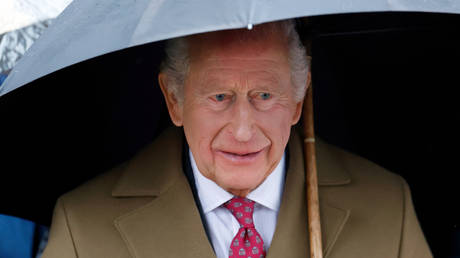
Demands by a court to share user data are impossible to comply with, Pavel Durov has claimed
Telegram was unable to comply with demands of a Brazilian court to share information and will appeal the resultant ruling that banned the messenger in the country, CEO Pavel Durov has said.
“In Brazil, a court requested data that is technologically impossible for us to obtain. We are appealing the decision and are looking forward to the final resolution,” the Russian-born tech entrepreneur said in a post on Thursday.
This week, the Brazilian Supreme Court ordered app stores and telecom companies to suspend access to Telegram in the country. The ruling came after the platform failed to honor a request to turn over to law enforcement information being sought for an investigation of a high-profile school shooting.
Brazilian police are looking into the online footprint of a 16-year-old suspect who killed four people and injured a dozen others last November. He allegedly shared extremist content via Telegram and was a member of far-right groups on the messenger. Authorities suspect that other people in those groups may have encouraged his gun rampage.
Durov noted that in the past his company faced government requests that went against its values in other nations, such as China, Iran, and Russia.
“In cases where local laws go against this mission or impose technologically unfeasible requirements, we sometimes have to leave such markets,” he said.
The businessman pledged that Telegram will maintain its uncompromising approach to protecting privacy.
“No matter the cost, we will stand up for our users in Brazil and their right to private communication,” he wrote.
Telegram’s parent company operates from Dubai. In 2018, a court in Moscow banned the app at the request of the Russian media regulator, which complained about the platform’s failure to provide encryption keys to security services.
READ MORE: Nordic country targets Telegram over ‘Russian origins’
The company claimed it could not comply due to the way the app operates. Attempts to enforce the Russian ban were largely unsuccessful and it was lifted two years later.
In the past, the messenger amended its user agreement as required by the EU legislation on collecting and sharing metadata. It insists that it has no access to the content of messages and thus cannot share it. The Russian ban was reportedly lifted after Telegram made more efforts to cooperate with the authorities in investigating terrorism cases.




